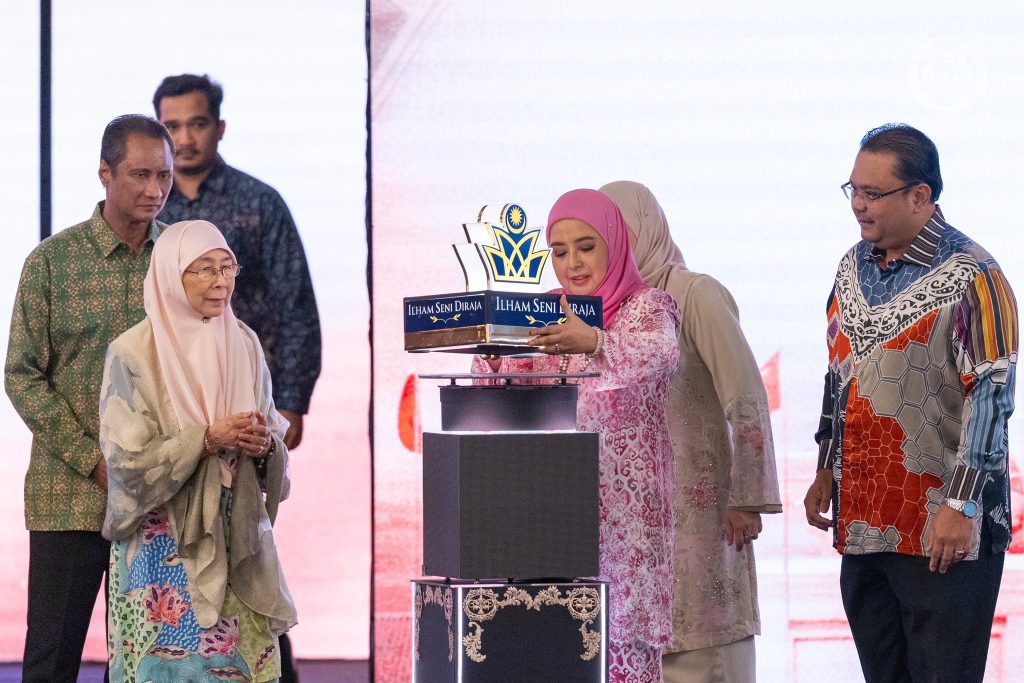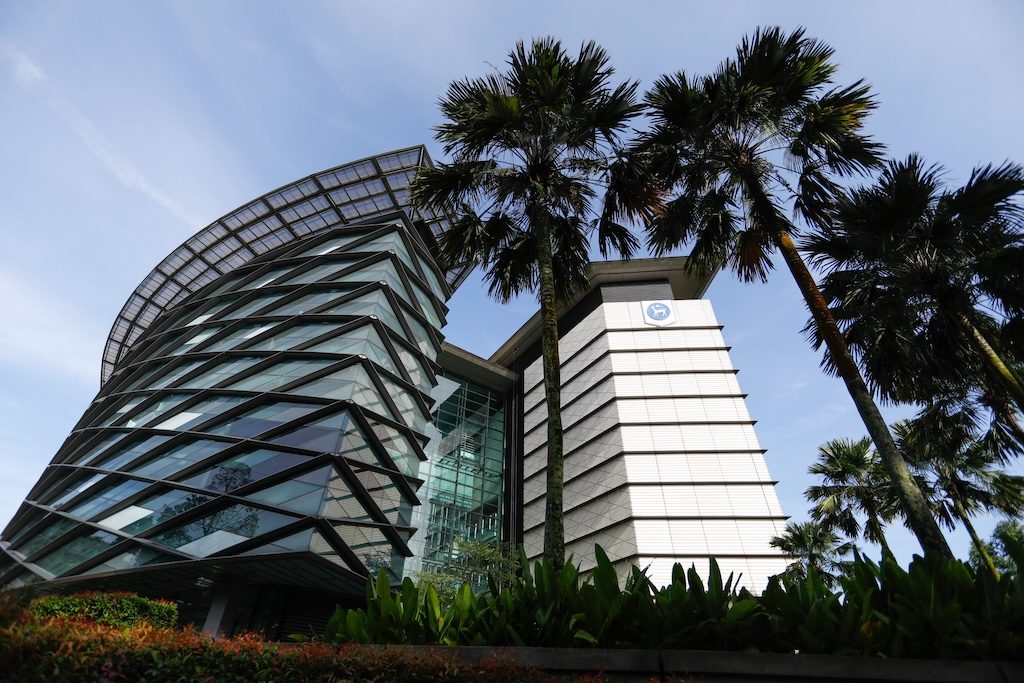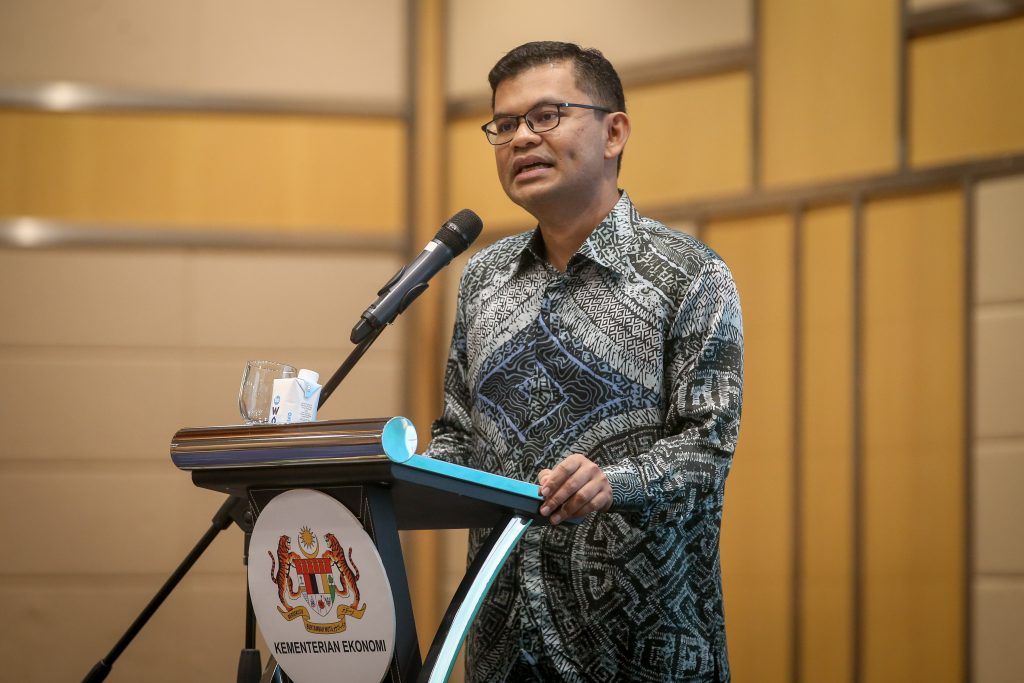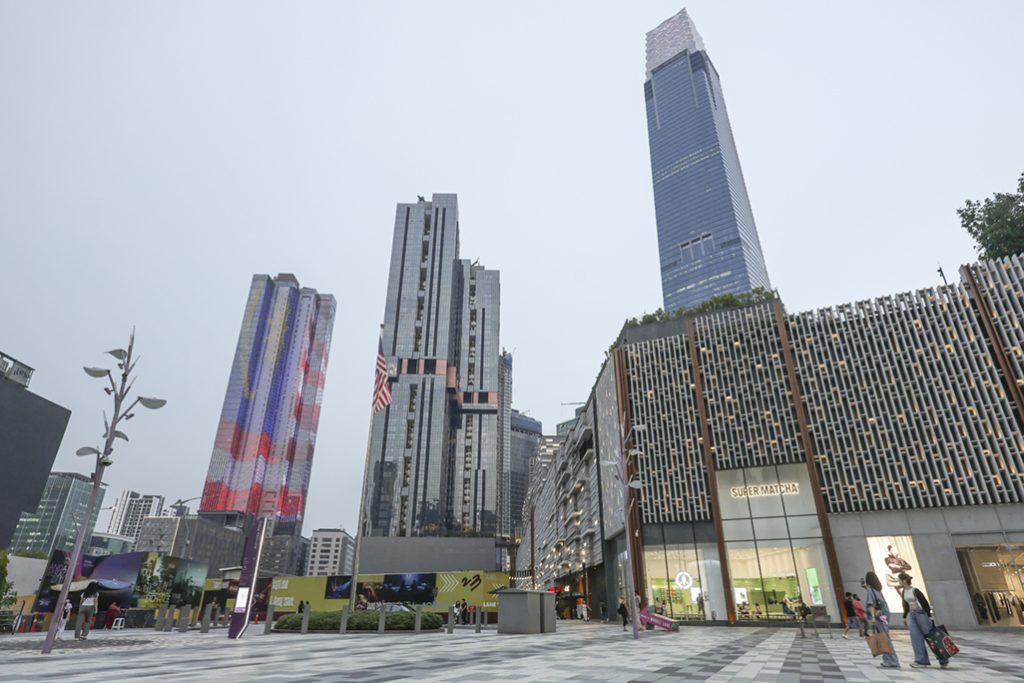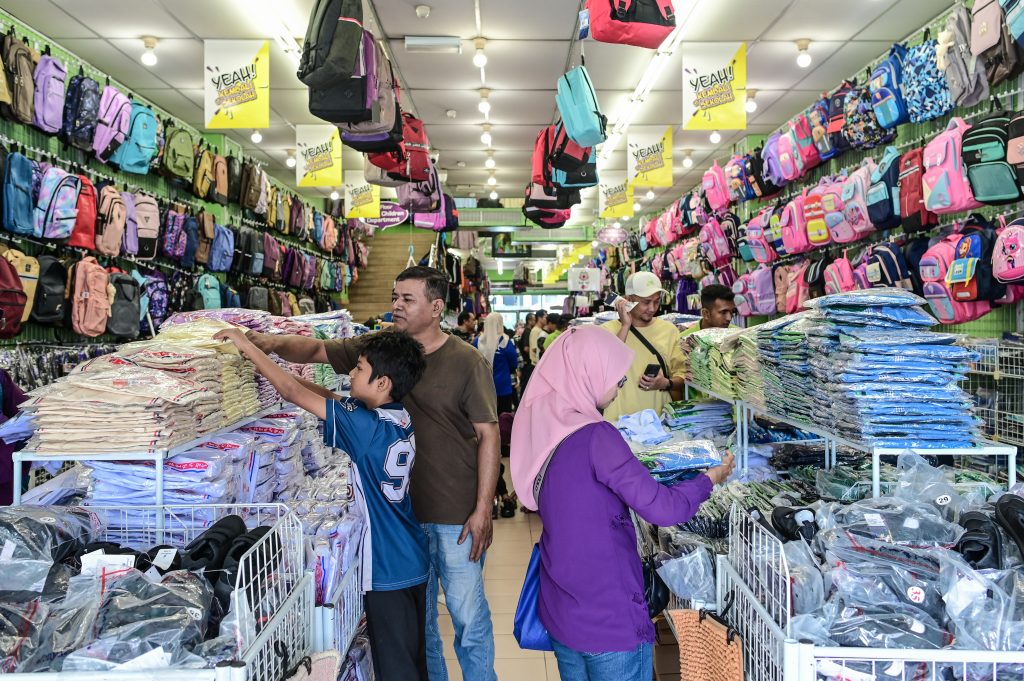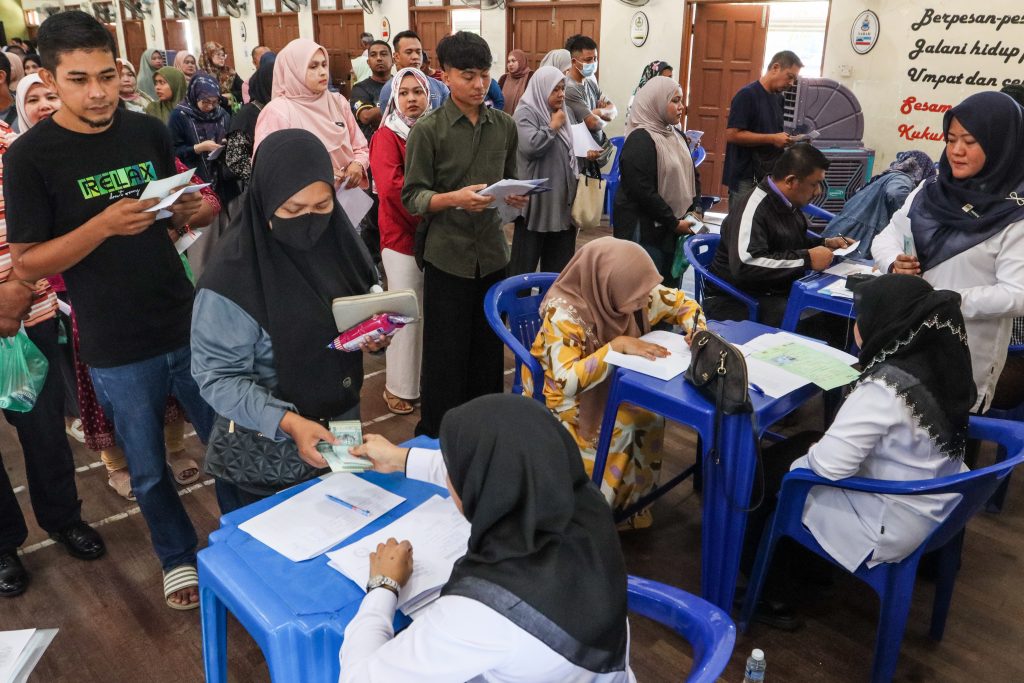Auto Added by WPeMatico
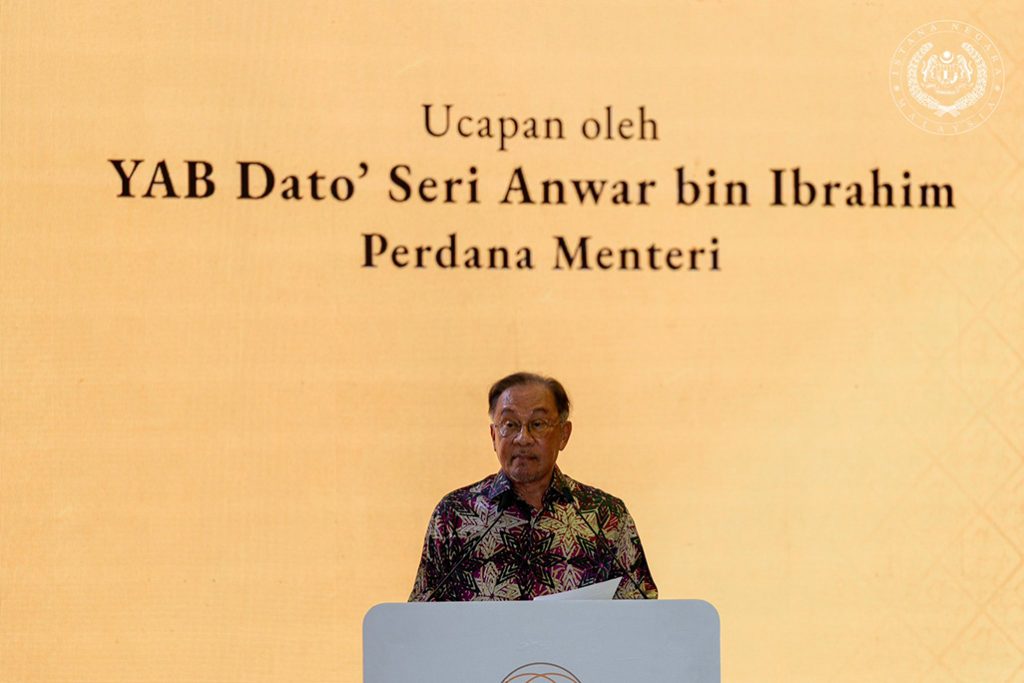
KUALA LUMPUR — Heritage should not be viewed as a burden of the past, but as a strategic asset capable of generating tourism, driving the creative industry, creating job opportunities and strengthening the local business ecosystem.
Prime Minister Datuk Seri Anwar Ibrahim (picture) said the revitalisation of heritage buildings is among the key strategies to boost both international and domestic tourist arrivals.
Citing the Sultan Abdul Samad Building (BSAS) along Jalan Raja here as an example, Anwar, who is also the Finance Minister, said its conservation was not an effort to relive nostalgia, but an initiative to ensure that history continues to live on, be understood and serve as a guide in facing future challenges.
“This effort is at the core of the WARISAN KL initiative, a strategic approach by the government to revitalise Kuala Lumpur’s key heritage sites as catalysts for culture-based urban economic development,” he said in his speech at the ceremony to mark the completion of Phase 1 of the BSAS conservation here today.
His Majesty Sultan Ibrahim, King of Malaysia, graced the ceremony.
Also present were Deputy Prime Minister Datuk Seri Dr Ahmad Zahid Hamidi, Communications Minister Datuk Fahmi Fadzil and Chief Secretary to the Government Tan Sri Shamsul Azri Abu Bakar.
The Prime Minister said the conservation of the BSAS is an approach aligned with Visit Malaysia 2026 (VM2026), as the country is not only known for its natural beauty and cultural diversity, but also for the strength of its historical and civilisational narrative that shapes who we are.
He said efforts to revitalise heritage buildings are not only an important strategy to drive international and domestic tourist arrivals, but more importantly reflect the aspiration to build a modern and dynamic Kuala Lumpur that remains rooted in history and values.
“As stated in the Budget 2026, the project covers all six blocks of the Sultan Abdul Samad Building complex, in addition to the conservation of Seri Negara and Carcosa at Bukit Carcosa.
“We must also ensure that the people are able to enjoy these facilities. The conservation of BSAS is among the early manifestations that can be seen and experienced by the public; however, conservation cannot stop at structures alone. Heritage buildings must be brought to life,” he said.
He said BSAS will house the Kuala Lumpur City Gallery, which traces the journey of the building and the capital city through five themed spaces spanning three centuries of history.
Apart from that, he said the Royal Selangor Gallery will showcase pewter craftsmanship as a reflection of the economic legacy, creativity and entrepreneurial spirit of the people of Kuala Lumpur, rooted in the city’s tin mining history.
“I am confident that BSAS and this entire historic complex will continue to reflect the nation’s identity – a country that is advanced and progressive, yet remains connected to its historical roots, developing not only through economic strength but also through soul, values and humanity,” he said.
The Prime Minister said the presence of His Majesty Sultan Ibrahim was not solely to grace the ceremony but symbolised a reminder that the nation’s journey remains anchored in history, guided by values and protected by the institution of the Constitutional Monarchy.
“I would like to express my appreciation to all parties involved in making this effort a success, especially the team from Khazanah Nasional Berhad, as well as all the ministries and government agencies involved,” he said.
The building was named the Sultan Abdul Samad Building in honour of the late Sultan Abdul Samad ibni Almarhum Raja Abdullah, the Sultan of Selangor during the era of its construction, and was officially opened in 1897 by Frank Swettenham, the first British Resident-General of the Federated Malay States.
BSAS also witnessed the birth of the nation when the Union Jack was lowered for the last time at the stroke of midnight on Aug 31, 1957, marking the end of British rule and the beginning of a new era as an independent and sovereign nation. — BERNAMA
The post PM Anwar: Heritage not a burden, strategic asset for economic and tourism growth appeared first on The Malaysian Reserve.


